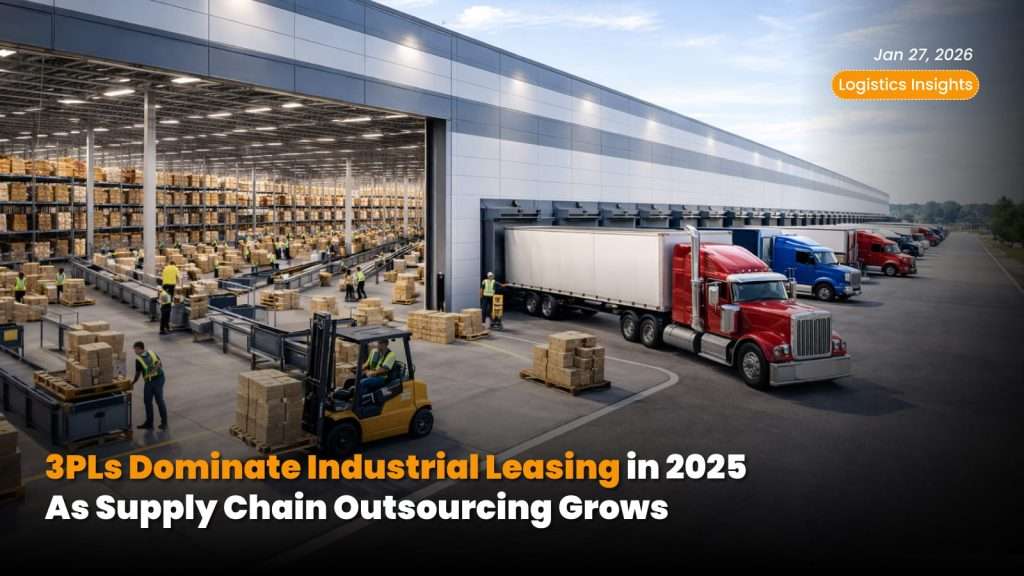
The Role of Power Only Trucking in Cross-Border Freight Movement
In today’s global economy, cross-border freight movement plays a crucial role in international trade. Businesses rely on efficient and cost-effective transportation solutions to ensure smooth supply chain operations. Power Only trucking has emerged as a strategic logistics option, allowing shippers to transport their goods across borders without the burden of maintaining a fleet. By utilizing third-party carriers to haul pre-loaded trailers, businesses can optimize freight movement, reduce costs, and enhance efficiency.
How Power Only Trucking Works in Cross-Border Transport
Power Only trucking involves using an independent carrier to provide the truck and driver while the shipper supplies the trailer. In cross-border freight movement, this method simplifies logistics by allowing companies to maintain control over their trailers while outsourcing the transportation aspect. This approach enhances flexibility and ensures that businesses can scale their operations without committing to truck ownership.
Key Advantages of Power Only Trucking in Cross-Border Freight
- Cost Savings – By outsourcing truck operations, shippers can significantly reduce expenses related to fleet maintenance, driver employment, and fuel costs. This allows companies to allocate resources more efficiently.
- Faster Transit Times – Power Only trucking reduces delays caused by truck availability issues, as pre-loaded trailers can be hauled immediately upon reaching a border. This minimizes downtime and ensures quicker deliveries.
- Increased Flexibility – Businesses can scale their transportation needs according to demand without being tied to a dedicated fleet, making it easier to manage seasonal fluctuations and changing supply chain needs.
- Compliance with Regulations – Cross-border trucking involves numerous legal and regulatory requirements. Working with experienced Power Only carriers ensures compliance with customs documentation, weight restrictions, and international shipping laws.
Challenges of Cross-Border Power Only Trucking
While Power Only trucking offers multiple benefits, there are challenges to consider:
- Customs Clearance and Documentation – International shipments require thorough customs processing, including paperwork, inspections, and tariffs, which can cause delays if not handled correctly.
- Carrier Availability – Ensuring a steady supply of reliable carriers can be challenging, especially for high-demand routes.
- Regulatory Differences – Each country has its own transportation laws, requiring businesses to stay updated on changing regulations.
- Security Concerns – Cargo theft and unauthorized access to shipments are risks in cross-border transport, requiring businesses to implement safety measures.
Solutions for Enhancing Cross-Border Power Only Operations
- Technology Integration – Implementing GPS tracking, electronic logging devices (ELDs), and digital documentation can streamline freight movement and improve visibility.
- Strong Carrier Partnerships – Collaborating with experienced and reputable cross-border carriers ensures reliable service and compliance with international laws.
- Optimized Route Planning – Utilizing route optimization software minimizes transit delays and improves fuel efficiency.
- Customs Compliance Strategies – Working with customs brokers and logistics experts can help ensure seamless border clearance and reduce processing times.
Industries Benefiting from Power Only Cross-Border Trucking
- Manufacturing – Ensures timely delivery of raw materials and finished goods for production lines.
- Retail & E-commerce – Facilitates quick cross-border shipments to meet consumer demands.
- Automotive Industry – Supports just-in-time inventory strategies by ensuring a steady supply of parts and components.
- Agriculture & Food Supply – Enables the swift movement of perishable goods while maintaining quality and freshness.
Future Trends in Cross-Border Power Only Trucking
- Impact of Trade Agreements – Evolving trade policies and agreements will continue to shape cross-border transportation dynamics.
- Advancements in Transportation Technology – Automation, AI-powered logistics, and improved fleet management systems will enhance efficiency.
- Sustainability Initiatives – The push for greener logistics solutions, such as fuel-efficient trucks and carbon footprint reduction, will play a significant role in future freight movement.
Conclusion
Power Only trucking has become an essential component of cross-border logistics, offering businesses a cost-effective, flexible, and efficient transportation solution. By leveraging technology, strategic partnerships, and compliance measures, companies can optimize their freight movement and gain a competitive edge in international trade. As cross-border logistics continue to evolve, Power Only trucking will remain a vital solution for businesses looking to streamline operations and improve supply chain efficiency.



